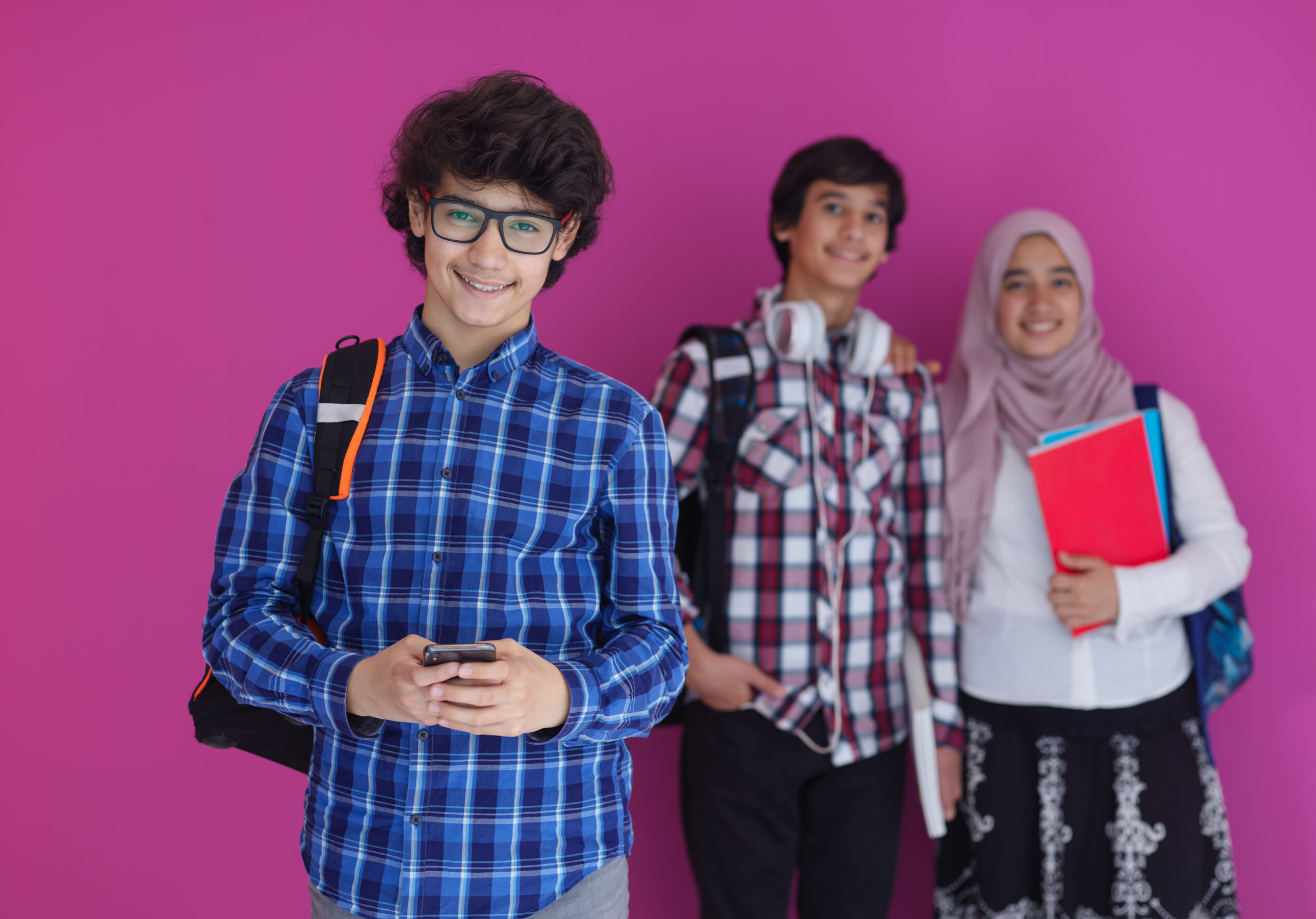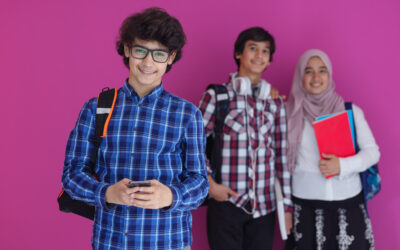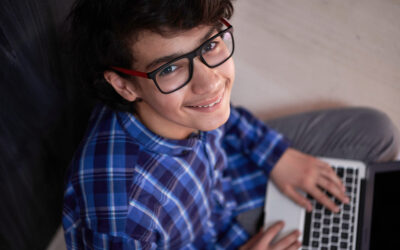Parent Perspective
George’s parents are concerned about George’s limited leisure skills and high rates of self-stimulatory behavior. At home, they report that George never initiates age-appropriate leisure tasks independently and instead sings to himself and wiggles his fingers. They have tried providing different activities for George with limited success. George’s parents worry that his restricted interests will make it difficult for him to connect with others or make friends.
George’s parents also worry that George will have trouble finding employment in the future. At home, George does not complete multi-step tasks without frequent reminders and prompting. For example, George’s parents will check on George after telling him to go brush his teeth. Most often, they find his toothbrush with toothpaste on it, but George is back in bed playing on the iPad.
Ms. Rao’s Perspective
George’s resource teacher, Ms. Rao, is also worried that George does not yet complete multi-step tasks or follow a simple schedule. When George was in elementary school, he learned to complete a series of four work boxes, but this skill has not transferred to real-world tasks. Ms. Rao has tried to teach George to complete simple classroom tasks (e.g., cleaning the table, stacking chairs), but finds George often stops after the first step of the task and will not initiate the task without repeated reminders. She is concerned because George waits for an adult to tell him what to do instead of beginning the next step of the task.
Hear Ms. Rao share more about George:
Supporting Skills
Following multi-step directions
Because George requires frequent prompting and redirection to follow multiple-step directions, Ms. Rao has scheduled a 30-minute period of independent work time each day. George rarely initiates tasks independently and instead engages in self-stimulatory behavior. George has a few preferred peers but a limited circle of friends. Most of his friends also have disabilities and unusual interests.
Adjusting behavior to the social context
Although George struggles with novel multi-step tasks, he has learned a number of routines which he follows strictly. For example, George consistently puts on his apron and takes out his writing utensils when he arrives at art class. However, George doesn’t change his behavior in response to a novel situation. One day in art class, the teacher directed the students to sit at the front of the classroom to watch a video. George did not listen to the directive, and he did not change his behavior based on his peers’ response to the unusual directive.
Identifying and responding to unexpected behavior
Similarly, George knows a number of social rules which he follows strictly. George consistently raises his hand to ask for permission in class, and he always says “please” and “thank you” when making requests. However, George becomes very uncomfortable when peers engage in behavior that is inconsistent with George’s rules. This makes George very uneasy and distracts him from what he should be doing. For example, George has learned not to say curse words, but when he overheard a peer cursing at lunch, George was convinced this behavior was going to make “something bad happen.” As a result, George could no longer focus on his lunch.
George has trouble telling the difference between behaviors that are inconsistent with his learned rules (i.e., behaviors that are appropriate, though unexpected) and behaviors which are inappropriate in general.
Geroge participated in a virtual reality social skills program to learn executive and organizational skills. Ms. Rao worked to help George generalize the skills he learned in real-life settings. Instruction addressed a variety of areas, but Ms. Rao prioritized five skills for instruction. Click the links below for detailed lessons and instructional planning for each skill.
George’s Lesson Plans
Follows Multiple-Step Directions
During VOISS lessons, George learned to follow three different three-step directions. George consistently followed these directions across settings. Ms. Rao created a lesson to help George practice the skill of following multiple-step directions (Executive &...
Uses Observation to Identify Expected and Unexpected Behaviors
During VOISS lessons, George learned there was a difference between his definition of unexpected behaviors and what was considered generally unexpected. With the new perspective provided by the lessons, George learned to differentiate between generally expected (i.e.,...
Adjusts Behavior in Response to Social Context
During VOISS lessons, George learned to watch his peers to know how to behave in situations in which expectations had changed. Specifically, George learned that if he did not understand a direction, he should watch to see what the majority of the class is doing or ask...
Initiates Tasks Independently and Completes Tasks/Assignments
During VOISS lessons, George learned the steps for some basic self-care tasks at home. Ms. Rao wanted to make sure George could initiate and complete a variety of age-appropriate tasks. Ms. Rao created a lesson to help George practice the skills of initiating tasks...








